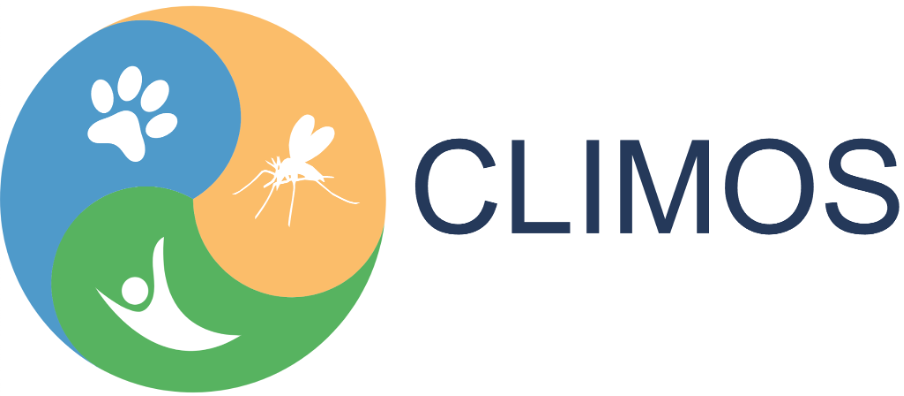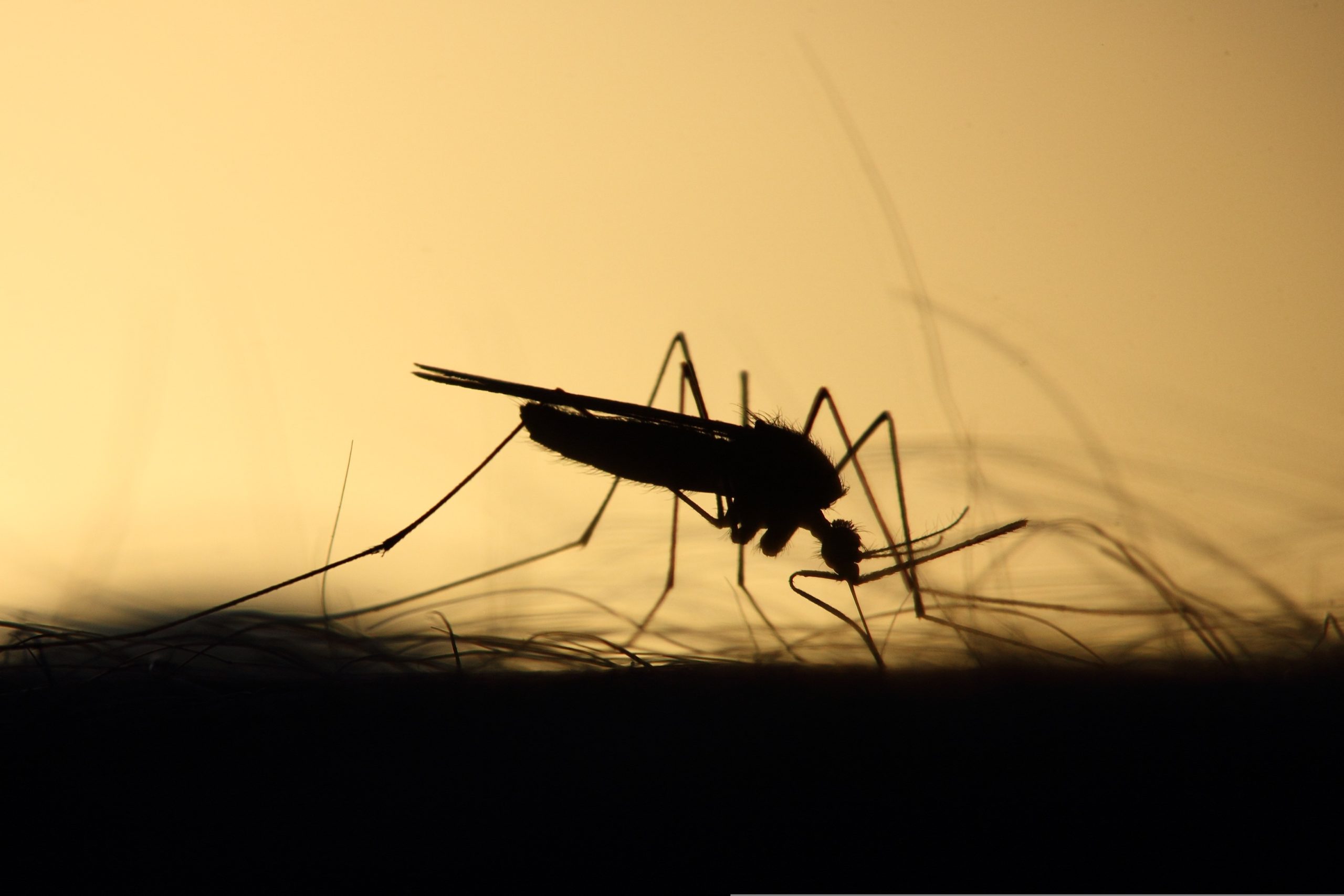
Climate change has innumerable impacts on our lives. A very crucial one is the global spread of diseases transmitted from animals to humans. These include insect-borne diseases such as malaria or dengue fever, as well as animal-borne pathogens such as Ebola, HIV/AIDS, tuberculosis or COVID-19.
The CLIMOS project aims to help mitigate the emergence, transmission and spread of pathogens. This will only work if data sets from different areas, such as health and earth observation in this case, can be linked together.
The focus of CLIMOS is the sand fly: How do changing climatic conditions affect the spread of the sand fly in Europe? And to what extent does its occurrence influence the spread of diseases transmitted by the sand fly? The goal of CLIMOS is to establish an Early Warning System and decision support tools for more accurate climate and health models. It will also provide predictions of infection risk and spread, as well as adaptation options.
CLIMOS can be used to predict when and where doctors, clinics, etc. will be needed because certain diseases will break out at a predicted time due to changing climate conditions. To achieve this, a freely accessible interactive CLIMOS online platform is being developed. It will contain data on the geography of insects or other invertebrates, bacteria, and fungi, as well as current monitoring, climate, environmental, and mathematical algorithms.
The accompanying educational platform will enable social, environmental, and financial stakeholders, public agencies, and policy makers to make the right decisions to mitigate climate change.
CLIMOS will provide science-based predictions, actions, and policy-relevant recommendations. CLIMOS is working on:
- Accurate vector and infection monitoring methods and networks in 10 countries
- Creation of Big Data time series on vectors, diseases, micro- and macro-climate, environment and health, and infection risks. They are also available for the EU Climate and Health Observatory, and for public administrations and institutions within the EU
- to better coordination of communities for more effective data use (Open Biological and Biomedical Ontology [OBO] and Open Geospatial Consortium [OGC])
- new innovative technical solutions for vector monitoring
- peer-reviewed open access publications, two policy reports, and a variety of public outreach materials.
Through CLIMOS, the OGC supports the 2030 Agenda of the UN Sustainable Development Goals and makes a critical contribution to addressing climate change in Europe. CLIMOS is closely linked to GEO-Bon, a global biodiversity monitoring network. It was launched by the UN to collect and share biodiversity data worldwide.
CLIMOS shows the extent to which climate change is affecting the spread of disease and thus provides important arguments for combating climate change. In this way, the project supports the goals of the UNFCCC. With this international convention, the UN aims to combat climate change by promoting measures to reduce greenhouse gas emissions and to adapt to the consequences of climate change.

